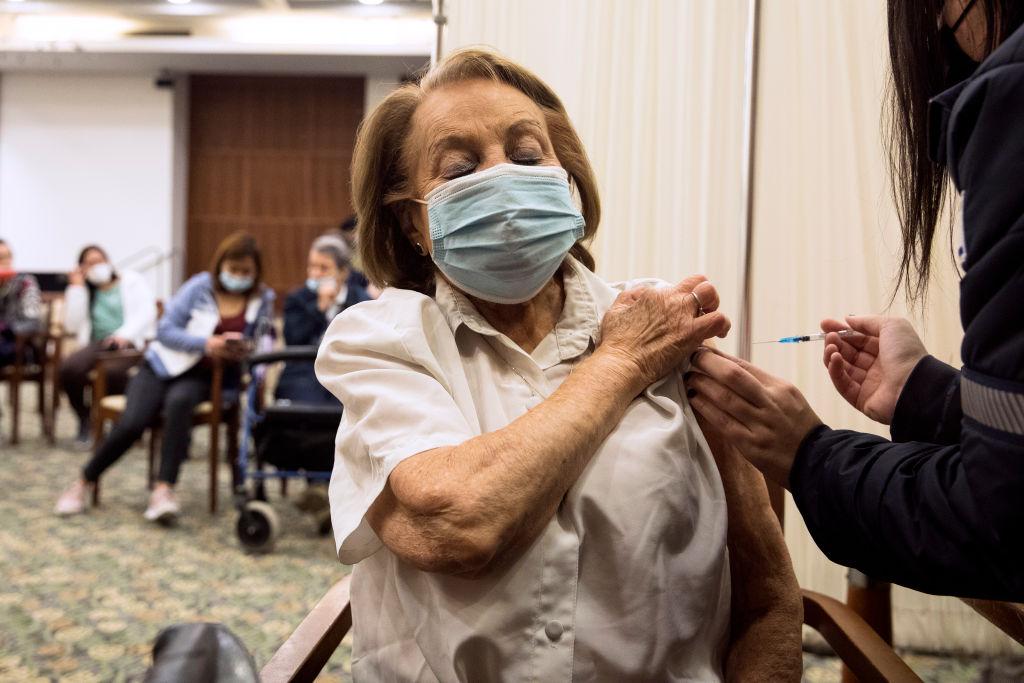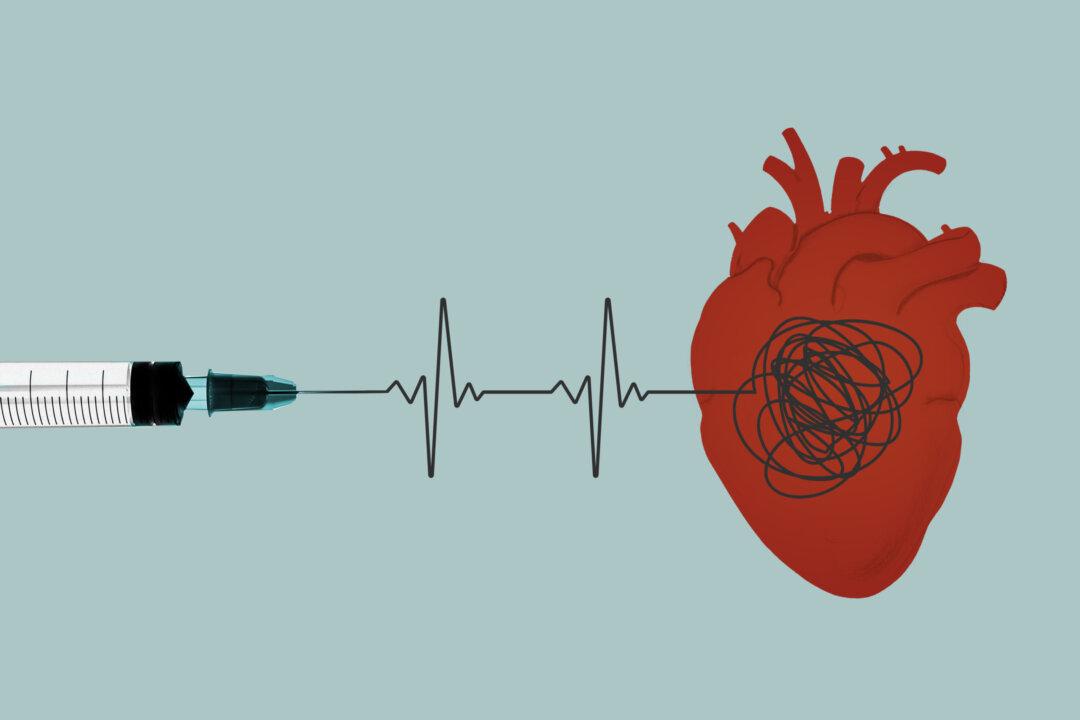The relative effectiveness of the fourth dose of a COVID-19 vaccine in the elderly was negligible within months, according to a new study.
Researchers in Italy measured the Relative Vaccine Effectiveness (RVE) against infection and severe disease. In other words, they compared the effectiveness of the fourth vaccine dose with the third dose. The population studied was people 80 years old and older.





